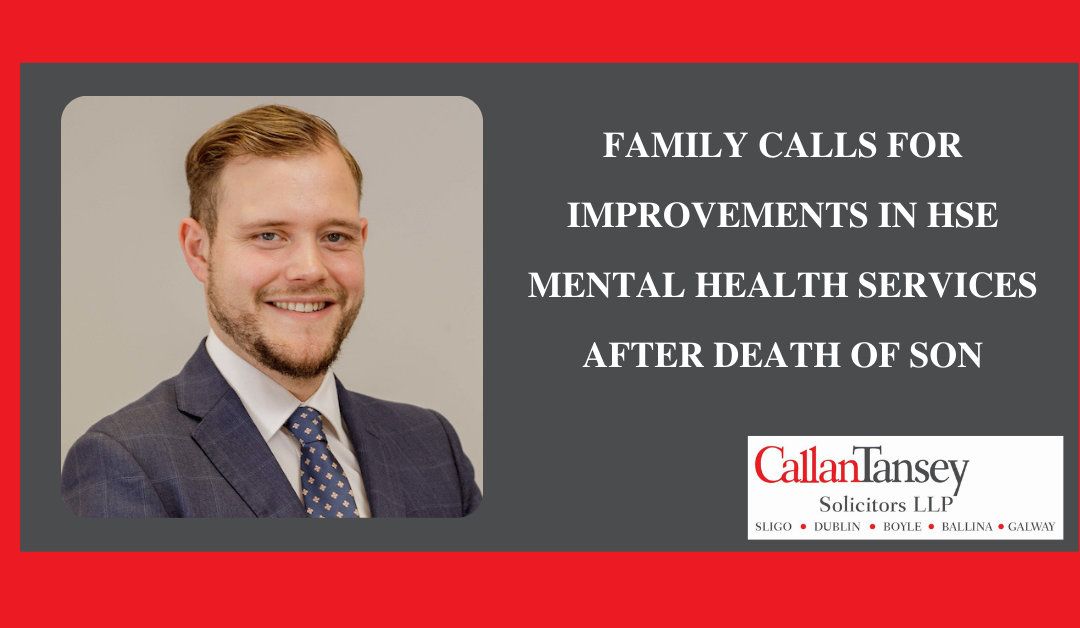More than ever, people’s mental well-being and issues of mental health are being given the consideration and respect that they deserve. With a growing awareness around issues of mental health, there is also greater acknowledgement of the difficulties people have getting the treatment they need and having their voice heard.
With the arrival of the COVID-19 pandemic and the necessary restrictions on society, the already under-resourced and overwhelmed systems that are in place in this country to deal with mental health have been exposed. It is young people who are suffering most; many have been left jobless, isolated and struggling to cope.
We recently settled a case for the Rea family, whose son Alec tragically took his own life aged just 24, shortly after he received an offer to travel to America to record music. Despite all of the adventure and excitement such an offer promised, Alec, like many found himself in a dark place in need of help. In the months leading up to his passing, Alec and his parents called and visited their local mental health service, desperate for some intervention. Their pleas for help went unanswered. On one occasion, Alec’s mother called to tell a member of staff that Alec was suicidal but this very serious deterioration was not passed on to the doctors and an opportunity to admit Alec was missed. Other opportunities to provide Alec with the support he needed were also missed and in time he lost all hope.
His family fought tirelessly for answers and recognition of what happened. Although Alec is, was and will remain a unique, talented individual taken too early from his family, the story of his and his parents’ fight for help and intervention is one that will be frustratingly familiar to many who suffer with depression, bipolar disorder and other mental health difficulties.
If the issues raised in this article have affected you, or a loved one please contact, Johan Verbruggen, at jverbruggen@callantansey.ie.
- https://www.callantansey.ie/family-calls-for-improvements-in-hse-mental-health-service-after-death-of-son/
- https://www.rte.ie/radio/radioplayer/html5/#/radio1/21958152
- https://www.irishtimes.com/news/crime-and-law/courts/high-court/family-settles-case-against-hse-over-son-s-suicide-for-200-000-1.4569519
- https://www.breakingnews.ie/ireland/family-of-donegal-musician-settle-nervous-shock-case-against-hse-1129586.html
- https://www.irishexaminer.com/news/courtandcrime/arid-40293377.html
- https://carlow-nationalist.ie/2021/05/19/family-of-donegal-musician-settle-nervous-shock-case-against-hse/
- https://www.donegallive.ie/news/news/634439/high-court-approves-settlement-in-favour-of-family-of-a-donegal-musician-against-the-hse.html
- https://www.donegaldaily.com/2021/05/19/family-of-late-donegal-musician-reach-settlement-with-hse/
- https://www.derrynow.com/news/news/634618/court-approves-settlement-in-favour-of-family-of-a-talented-musician-who-took-his-own-life.html
- https://www.independent.ie/irish-news/courts/family-settlecase-over-suicide-of-talented-musician-son-for-200000-40446112.html


